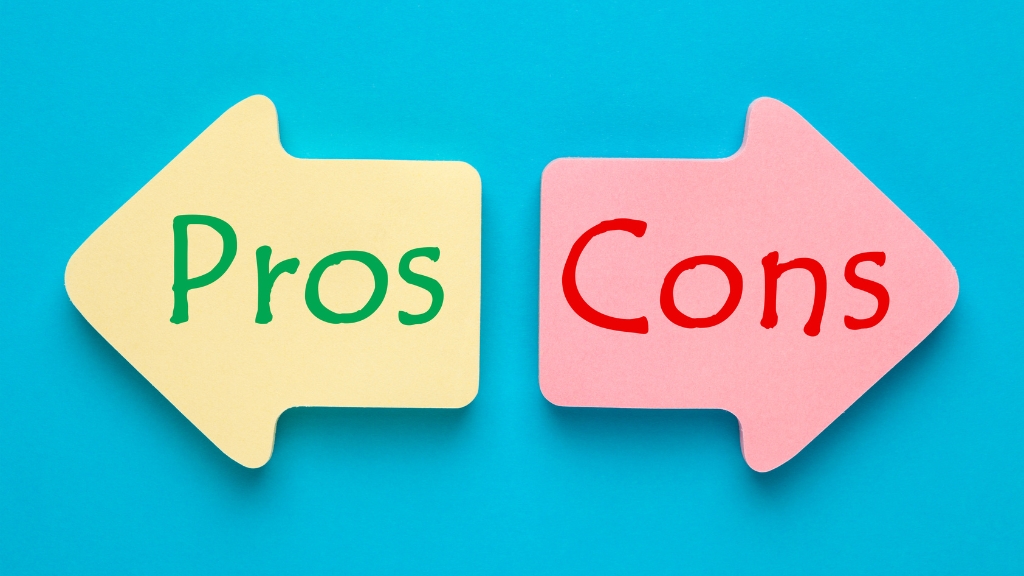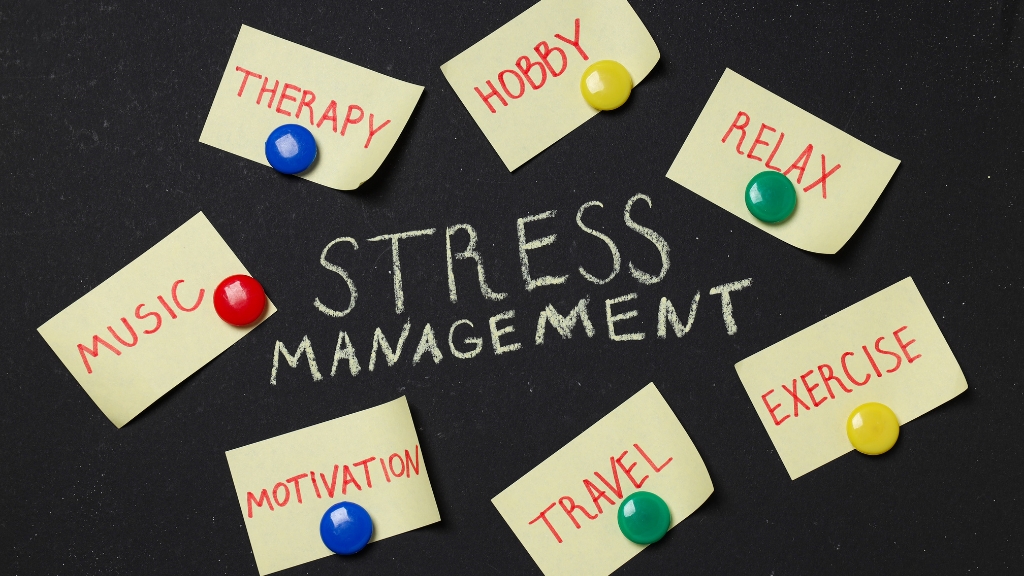
How Counseling Can Help You Navigate Life’s Challenges
Life is filled with ups and downs, and while some challenges are manageable, others can feel overwhelming and isolating. Counseling can provide clarity, resilience, and renewed strength during tough times. Counseling provides more than just advice; it offers professional guidance, coping strategies, and emotional support tailored to your unique experiences. Here’s how counseling can play a crucial role in helping you navigate life’s challenges.
Understanding and Processing Emotions
It’s easy to feel emotions spiraling out of control in stressful situations. Counseling helps individuals explore and understand their emotions, uncovering the root causes of distress. By processing feelings in a supportive environment, individuals can better understand themselves and learn healthy ways to manage them.
- Benefit: Counseling provides a safe space to explore feelings and clarify what’s causing them.
Building Effective Coping Mechanisms
When life throws challenges our way, it’s essential to have coping mechanisms to handle stress. Counselors teach strategies to manage anxiety, reduce stress, and approach problems with a calm mind. These skills help in times of crisis and improve overall resilience, making it easier to handle future challenges.
- Benefit: Learn tools and techniques for dealing with stress and difficult emotions, enhancing your resilience over time.
Developing Healthier Relationships
Challenges in relationships, whether with family, friends, or romantic partners, can often be sources of stress. Counseling helps individuals or couples address communication issues, understand each other’s perspectives, and resolve conflicts constructively. This can lead to stronger, healthier relationships that provide emotional support rather than stress.
- Benefit: Improve relationship skills, foster better communication, and build stronger connections with others.
Enhancing Self-Esteem and Self-Worth
Low self-esteem can prevent one from reaching their potential and enjoying life. Counseling helps individuals recognize their inherent value and build self-confidence by addressing negative self-perceptions and self-critical thoughts. As self-esteem improves, so does the ability to tackle challenges with greater self-assurance.
- Benefit: Boost self-esteem, recognize personal strengths, and build the confidence to face challenges head-on.
Guiding You Through Major Life Transitions
Life transitions can be overwhelming, such as a career change, a new relationship, moving to a new city, or losing a loved one. Counselors provide guidance to help navigate these shifts, offering emotional support and helping to manage the uncertainties that often accompany change.
- Benefit: Receive support during life’s transitions, creating a smoother adjustment process and minimizing stress.
Healing from Trauma and Loss
For those dealing with grief, trauma, or past abuse, counseling can be an essential step in the healing process. Specialized forms of counseling, such as trauma therapy or grief counseling, provide a safe space to address painful memories, work through stages of grief, and find meaning after loss.
- Benefit: Process past trauma and loss in a safe environment, allowing for emotional healing and growth.
Improving Mental Health and Wellness
Mental health is as crucial as physical health, yet it’s often neglected. Counseling supports mental health by addressing symptoms of depression, anxiety, stress, and other conditions, offering tools to manage symptoms, and promoting overall well-being.
- Benefit: Improve mental health, gain insight into personal challenges, and achieve a balanced wellness.
Providing Accountability and Motivation
Staying motivated or taking necessary steps toward change can be challenging when dealing with difficult situations. Counseling provides a sense of accountability, where the counselor is a supportive partner in helping you work toward your goals. This accountability can be instrumental in making lasting changes and finding motivation.
- Benefit: Gain encouragement and motivation, knowing you have a supportive guide on your journey toward positive change.
Encouraging Personal Growth and Self-Discovery
Counseling isn’t just about managing crises; it’s also a space for personal growth and self-discovery. Through counseling, individuals gain insights into their personality, values, and life purpose, leading to a more fulfilling and authentic life.
- Benefit: Discover new aspects of yourself, gain insights into your life’s purpose, and unlock your potential.
Empowering You to Set and Achieve Goals
Setting personal goals can be challenging, especially during stressful periods. Counseling helps clarify goals, create action plans, and develop the confidence to achieve them. Whether the goals are related to career, personal growth, or mental health, having structured guidance makes the process less daunting and more achievable.
- Benefit: Set realistic goals, build a path to achieve them, and gain confidence.
FAQs
Q: How long does counseling typically take to see results?
A: The duration varies based on individual needs and the issues being addressed. Some people see positive changes within a few sessions, while others may benefit from ongoing support over a more extended period.
Q: Is counseling only for people with mental health issues?
A: No, counseling can benefit anyone, whether they’re dealing with a specific mental health concern or simply want guidance, support, or personal growth.
Q: Can counseling help me with relationship issues?
A: Yes, counseling can address relationship concerns, improve communication, and foster healthier connections with others.
Q: Will my counseling sessions be confidential?
A: Yes, counseling is confidential, with some exceptions (e.g., harm to self or others). Your counselor can explain these confidentiality boundaries in detail.
Leave a Reply
- AI in Diagnostics: Revolutionizing Early Detection and Accuracy
- How AI and Advanced Analytics Are Transforming Healthcare Outcomes
- Investing with Confidence: The Role of ROI Calculators
- How ROI Calculators Drive Data-Driven Business Strategies
- The Ultimate Guide to ROI Calculators for Business Success
- Making Sense of ROI Calculators: A Comprehensive Guide
- June 2025 (1)
- May 2025 (1)
- October 2024 (2)
- September 2024 (31)
- August 2024 (31)
- July 2024 (27)
- June 2024 (28)
- May 2024 (30)
- April 2024 (33)
- March 2024 (23)
- February 2024 (29)
- January 2024 (3)
- December 2023 (47)
- November 2023 (36)
- October 2023 (23)
- September 2023 (2)
- June 2023 (2)
- May 2023 (13)
- April 2023 (1)




